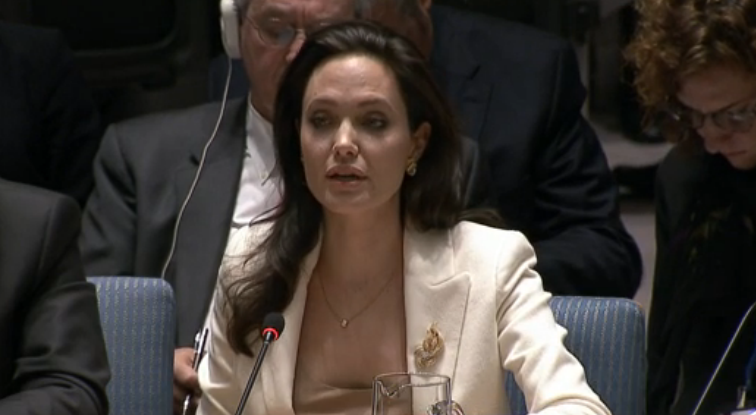
'Tony Blair is still pilloried for the decisions he took over Iraq. David Cameron should not escape blame for his role in conflicts that are still raging.'
It took me two looks at this to see that Patrick Cockburn not only wants to blame Cameron for things he hasn't done, but actually exonerate Tony Blair for taking us into the Iraq War.
'Tony Blair is still pilloried for the decisions he took over going to war in Iraq in 2003. Focus on the decisions taken in the lead-up to the invasion has become a national obsession in which Blair is a scapegoat, as if most of the British establishment and popular opinion did not support him at the time.'
I suppose this is due to Cockburn's adoption of Blair's belief in the War on Terror and love of dictators. His claim they we forget the destruction thereafter is further nonsense of the mistakes were made, but you have to accept that he acted in good faith even if the intelligence was wrong, defence that Blair himself deploys. It is also untrue, every opponent of the war I ever heard precisely pointed to the continuing violence as proof that Bush and Blair's war was not one of liberation.
'A problem about this obsession with the events of 2002 and 2003 is that they have led to amnesia about what happened subsequently in Iraq and Afghanistan.'
So to Libya.
'Few recall that David Cameron led Britain into one war in Libya that overthrew Gaddafi, but was disastrous for most Libyans. Without this conflict, the drowned bodies of would-be emigrants to Europe would not be washing up in their hundreds on Libyan beaches.'
The emigrants are coming from Syria and Eritrea, and points further south. If Gaddafi's police state were still in place, that would just have made their journey more perilous. And as Clay Claiborne has pointed out*, the NATO bombing only killed 75 civilians, so can barely be described as a war, let alone the cause of Libya's current ills. There is every reason to believe that the 'militias battling in streets and buildings shattered by shellfire,' are due to lack of support for Libya's new government, not the reverse.
'Another scene worth revisiting via YouTube is the House of Commons on 29 August 2013, when Cameron lost the vote which would have opened the door to British military intervention in Syria. Ostensibly this was in response to the use of chemical weapons by the Syrian government in Damascus, but would have had an effect only if it had turned into a Libyan-type air campaign to overthrow President Bashar al-Assad. There is every reason to believe that al-Qaeda-type movements would have filled the vacuum and Syria would have descended even deeper into anarchy.'
He lost the vote, so even before I point out that he made no attempt to win it, not putting on a three-line whip, it is only because Cockburn is struggling to build his case that something Cameron didn't do is supposed to matter so much. Ostensibly the world has promised to stop such crimes against humanity as the use of chemical weapons, but that's not a concern for Cockburn. We've already dealt with the Libyan-type air campaign, the greatest amount of bombing suggested was by John McCain who proposed the bombing of Assad's airfields, no more, which might have stopped the two years of barrel bombing, leaving Assad without a feasible strategy to hang on. There is reason to believe that al-Qaida would have filled the vacuum that Assad left, if you assume that Syrians naturally hate freedom and love extremism, and ignore the growth in support for extremism has gone along with Assad's destruction, as Cockburn's opponents have predicted, and it has been encouraged by Assad, as Cockburn has always denied.
'True, British aircraft are carrying out strikes against Islamic State (Isis) in Iraq, but this is a largely symbolic involvement, as a glance at a list of airstrikes carried out by the RAF in March shows. The strikes are few in number and may involve eliminating a single bunker or vehicle.'
This is a useful reminder than Britain is hardly involved in a war in the Middle East now, which Cockburn doesn't like.
'The Conservative government escapes blame for recent debacles in the Middle East because few in Britain want greater military involvement. But we cannot ignore the region because, while we may not go to the Middle East, the Middle East and its crises will come to us.'
So we need to befriend Assad and Iran, and crush any opposition which might involve Sunni Muslims. I hope it's inevitable that people see this is wrong.
*[http://claysbeach.blogspot.co.uk/2015/02/on-libya-hailed-as-model-journalist.html]








